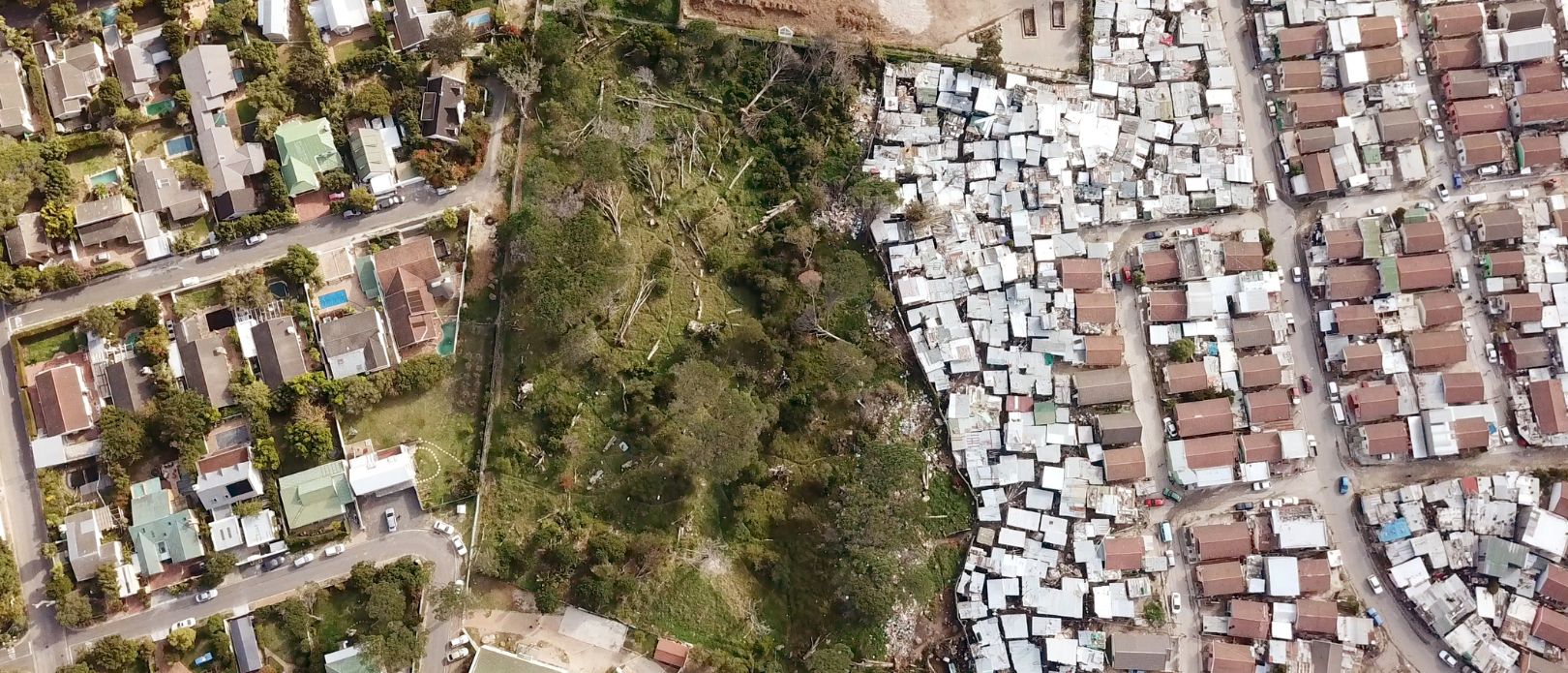Tipping points
Positive tipping points for whom?

Current energy transitions remain based on natural resource inputs. Photo: ugurhan via Canva.
Tipping points can have winners and losers. That’s why one shouldn’t call them positive or negative, according to a new article.
Societies must transform radically to achieve a more sustainable future. But questions of equity and justice have to be at the core of such transformations, argues a recently published review article led by Centre researcher Laura Pereira. The article takes a critical look at the concept of positive tipping points.
Specifically, the authors criticize narratives around positive tipping points. Often these do not explicitly consider questions such as positive for whom, positive where, and positive how. Instead, what is framed as positive is largely derived from existing colonial power relationships. That way, such narratives risk reproducing and enforcing current dynamics of inequality and exploitation.
They conclude with four recommendations for a more transgressive practice in the research on tipping points, notable acknowledging that there will be winners and losers, but that the solution space of who wins and who loses can be broadened using a decolonial lens.
Curious to learn more? Find the publication here »
Pereira, L.M., Gianelli, I., Achieng, T., Amon, D., Archibald, S., Arif, S., Castro, A., Prosper Chimbadzwa, T., Coetzer, K., Field, T.-L., Selomane, O., Sitas, N., Stevens, N., Villasante, S., Armani, M., Kimuyu, D.M., Adewumi, I.J., Lapola, D.M., Obura, D., Pinho, P., Roa-Clavijo, F. Rocha, J. & Rashid Sumaila, U. 2024. Equity and justice should underpin the discourse on tipping points. Earth Syst. Dynam., 15, pp. 341-366.








